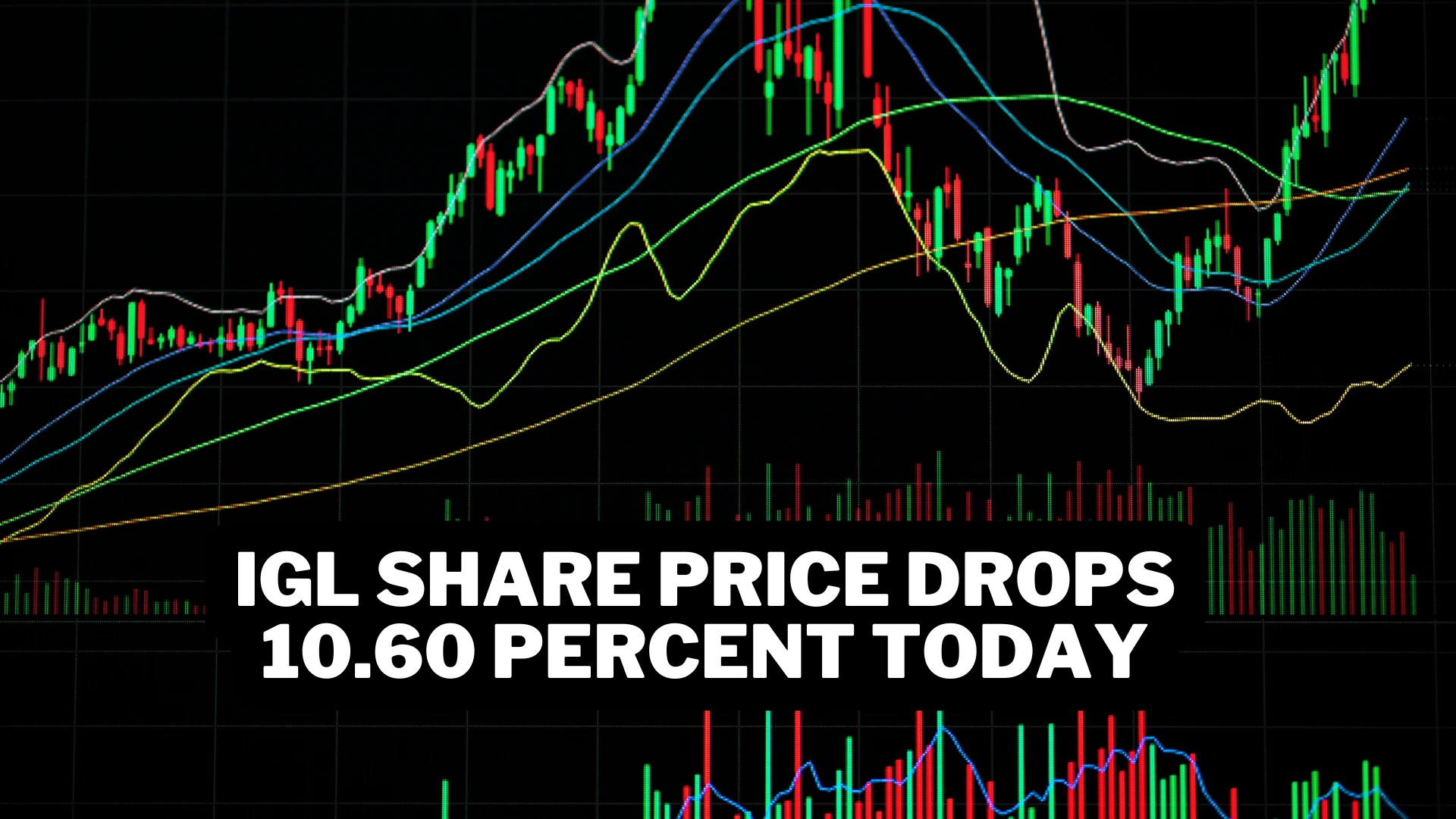Four leading property and casualty insurers in Japan, along with other financial institutions, are set to divest approximately 500 billion yen ($3.1 billion) worth of Honda shares.
This decision marks a significant move as the trend of unwinding cross-shareholding practices gains momentum.
According to sources familiar with the matter, these firms plan to reduce their stakes in Honda, a decision that could have substantial implications for the automaker’s stock and overall market performance.
Cross-Shareholding Practices in Japan
Cross-shareholding, where companies hold shares in each other, has been a common practice in Japan.
This strategy was traditionally viewed as a means to strengthen business relationships. However, critics argue that it often results in poor governance, as it shields management from shareholder scrutiny and reduces accountability.
Governance experts and foreign investors have long advocated for the reduction of such practices, suggesting they lead to inefficient management and potentially detrimental business decisions.
Impact on Honda
Honda has announced plans to repurchase up to 300 billion yen of its shares within the current fiscal year.
This move is likely aimed at mitigating the impact of the large-scale share sell-off by the insurers and other financial institutions.
By buying back its shares, Honda intends to stabilize its stock price and reassure investors about its financial health and prospects.
Financial Institutions Involved
The four insurers planning the sale include prominent names like MS&AD Insurance Group Holdings, Tokio Marine Holdings, Sompo Holdings, and Aioi Nissay Dowa Insurance.
As of March, these companies collectively held over 300 billion yen in Honda shares. Specifically, Tokio Marine held 161 billion yen, Sompo Japan had 81 billion yen, Mitsui Sumitomo possessed 73 billion yen, and Aioi Nissay Dowa held 2.8 billion yen in Honda shares.
This significant divestment reflects their commitment to reducing cross-shareholdings, a practice they have pledged to bring down to zero.
Regulatory Pressures
In December, Japan’s Financial Services Agency issued a business improvement order to these four insurers after discovering that they had engaged in price-fixing of corporate insurance fees.
This regulatory pressure has added impetus to their efforts to reduce cross-shareholdings.
The Financial Services Agency’s directive underscores the broader push for better corporate governance and transparency in Japan’s financial markets.
Honda’s Market Reaction
Following the news of the impending share sale, Honda’s stock turned negative in late trading on Tuesday.
The shares, which had risen as high as 1,801 yen earlier in the day, fell by 1.7% to 1,727 yen.
This drop indicates market concern about the potential impact of the large-scale divestment on Honda’s stock price and overall market performance.
The Broader Context of Cross-Shareholding
The planned divestment by these financial institutions is part of a larger trend in Japan towards unwinding cross-shareholdings.
As of March, the four insurers held a combined 9 trillion yen in cross-shareholdings, with companies like Toyota Motor, Shin-Etsu Chemical, and Itochu among the top entities involved.
This significant reduction in cross-shareholdings is expected to lead to a more transparent and efficient corporate governance landscape in Japan.
Conclusion
The decision by Japan’s top financial firms to withdraw 3.1 billion dollars from Honda shares marks a critical juncture in the unwinding of cross-shareholding practices.
As these institutions move to divest their holdings, Honda’s strategic share buyback plan will be pivotal in mitigating the impact on its stock price.
This development also highlights the ongoing regulatory and governance reforms in Japan, aimed at fostering a more transparent and accountable corporate environment.
As the market reacts to these changes, stakeholders will be closely monitoring the implications for Honda and the broader Japanese financial sector.










